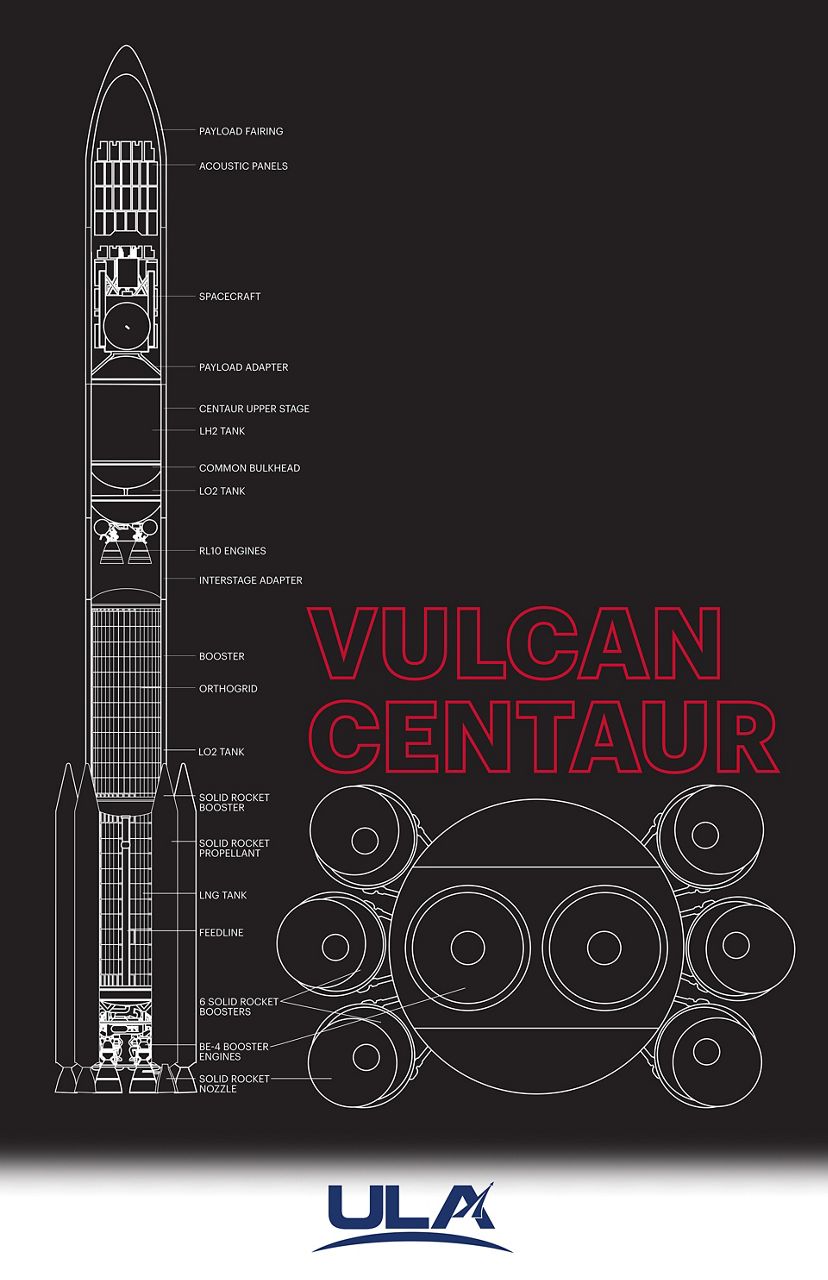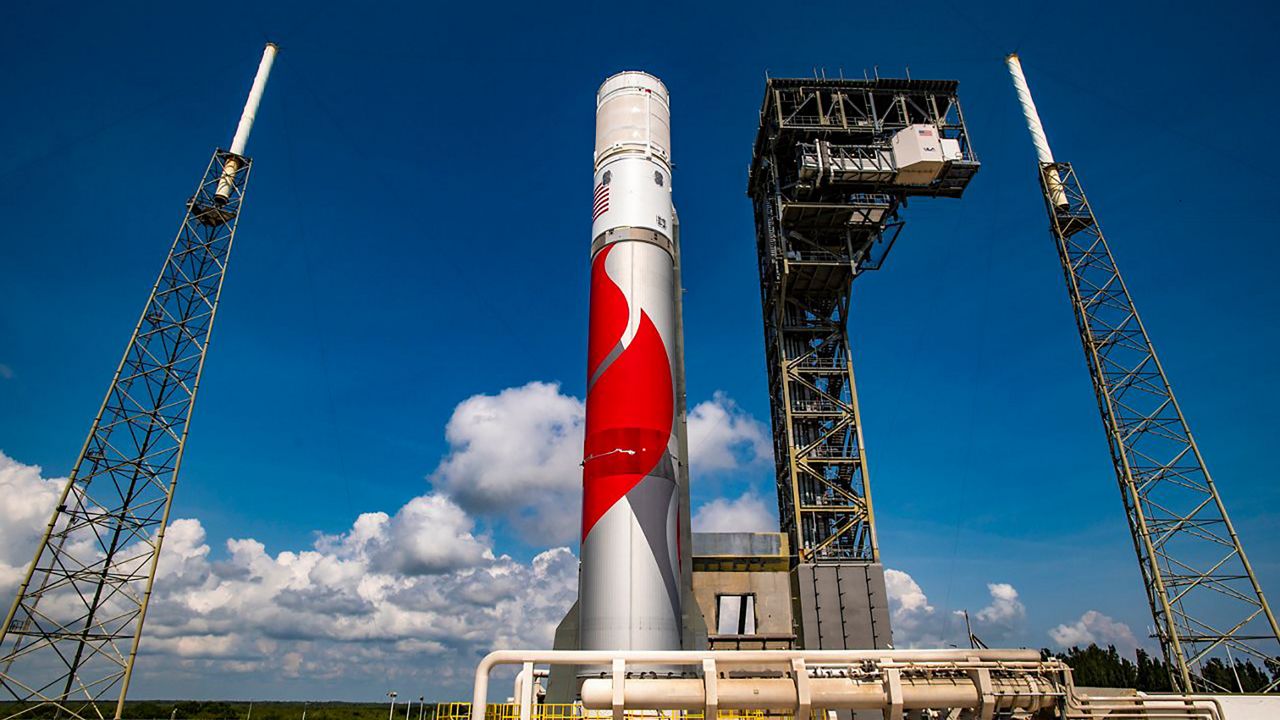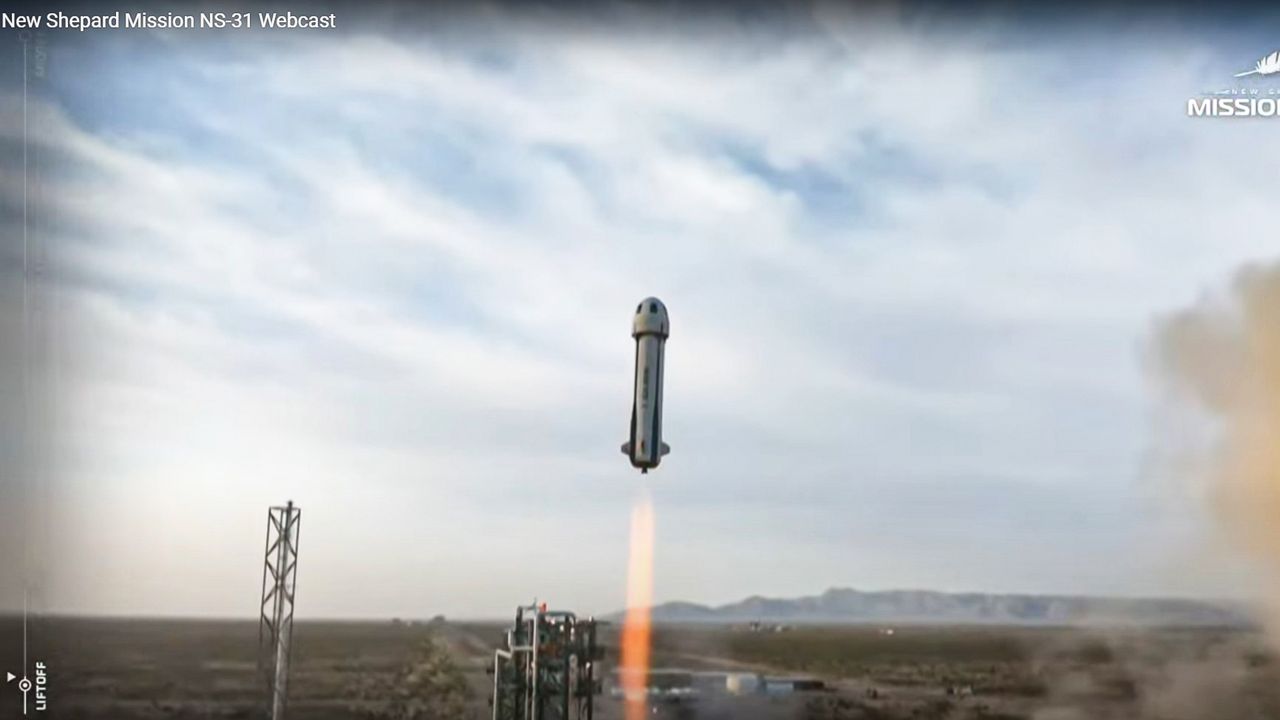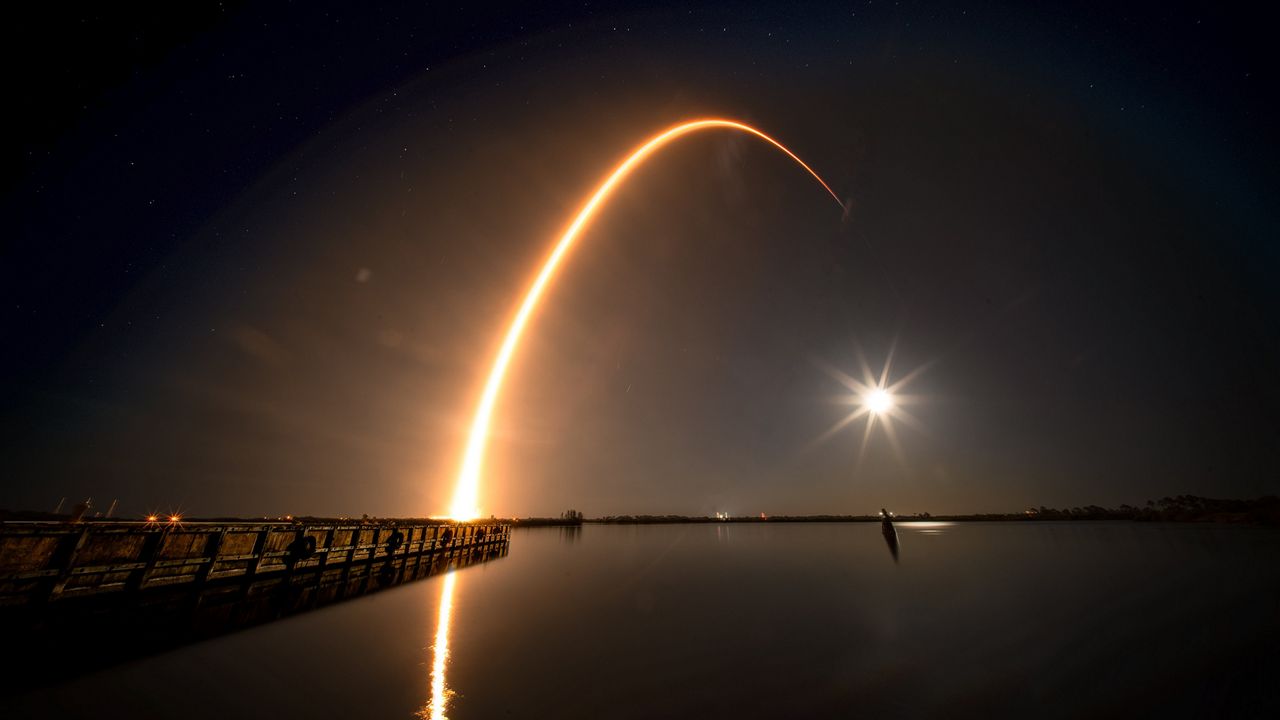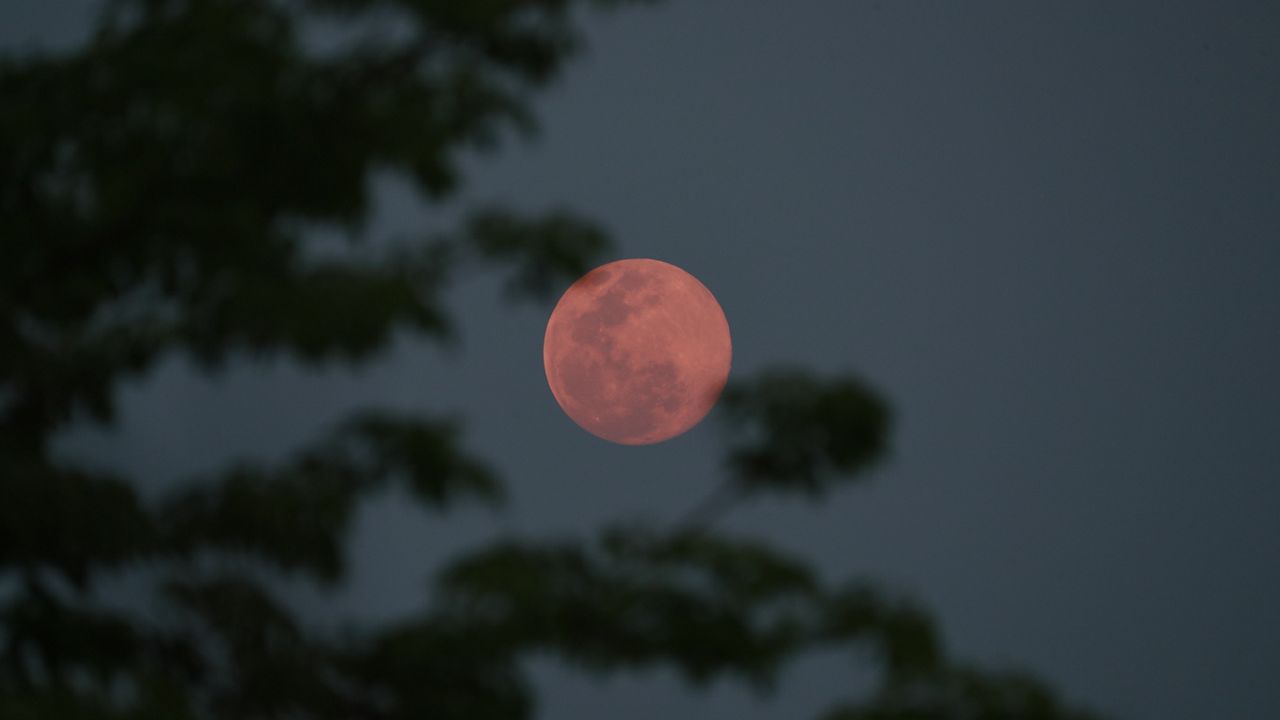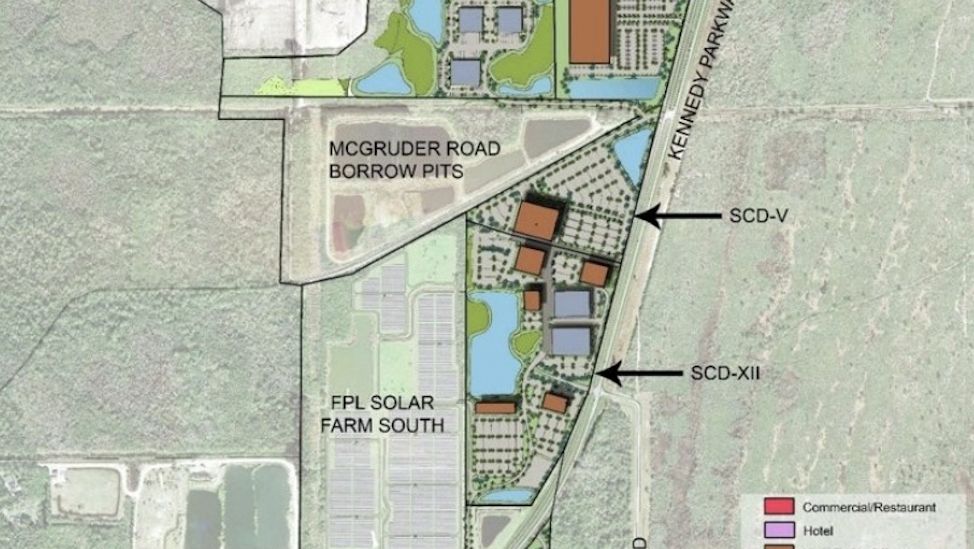CAPE CANAVERAL SPACE FORCE — United Launch Alliance announced that its standing down from the planned Flight Readiness Firing test of its new Vulcan Centaur rocket Thursday evening, according to the company.
What You Need To Know
- ULA officials announced they would stand down from testing the rockets on Thursday
- The test was scheduled to take place at 6 p.m. ET at Cape Canaveral Space Force Station's Space Launch Complex-41
- During the test, officials said the rocket would generate nearly 1 million pounds of thrust
In a press release, ULA announced it planned to conduct the test at Cape Canaveral Space Force Station’s Space Launch Complex-41 at 6 p.m. ET.
However that plan was canceled a few hours before the test was to begin, according to a statement from ULA.
"United Launch Alliance is standing down from the engine flight readiness testing today. During the countdown, the team observed a delayed response from the booster engine ignition system that needs further review prior to proceeding with the flight readiness firing," the statement said.
ULA is standing down from the engine flight readiness testing today. During the countdown, the team observed a delayed response from the booster engine ignition system that needs further review prior to proceeding with the flight readiness firing. pic.twitter.com/8T9FYpEVol
— ULA (@ulalaunch) May 25, 2023
When the test does happen, it has a checklist of things ULA hopes to accomplish.
"We will be rolling the rocket back to the Vertical Integration Facility to gain access to the booster ignition system. The team will continue to review data and determine when Vulcan can roll back to the pad to conduct the flight readiness firing," the company continued.
Officials say there were a few purposes for the flight readiness firing test, including:
- Launch timelines and procedures
- Propellant loading operations
- Countdown through ignition of Blue Origin’s twin booster BE-4 engines
Earlier this month, ULA simulated a launch of the two-stage rocket, up to just before engine ignition.
The ULA team also performed a review of the rocket’s hardware, software and ground systems.
ULA President and Chief Executive Officer Tory Bruno said space fans can expect to see the launch of the new Vulcan rocket sometime this summer.
The Vulcan will be replacing ULA’s famed Atlas V and Delta IV Heavy rockets.
